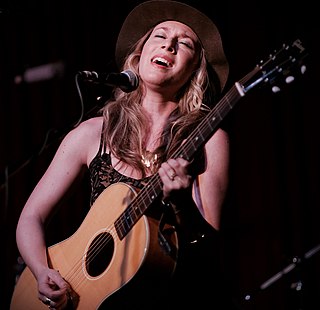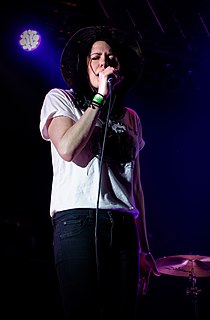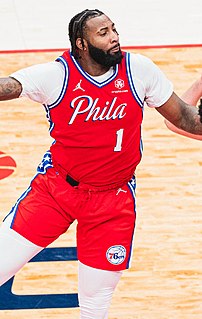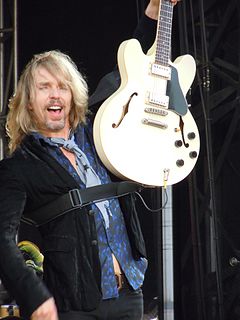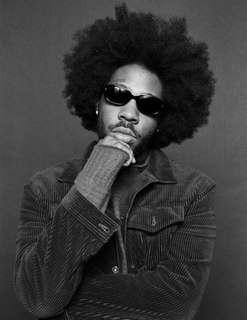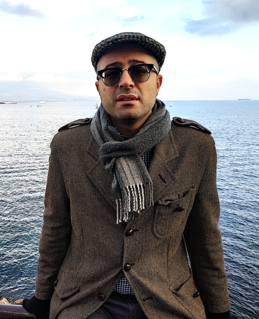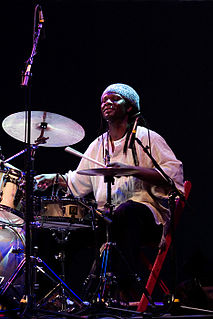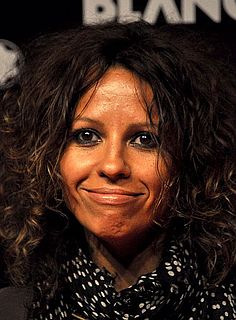A Quote by Wayne Coyne
When we started there was this element of these experiments we were doing where we weren't really sure how the music would play out because the music was all on different players.
Related Quotes
I started playing violin because I was fascinated by how violin players could play so fast. I would buy their cassettes, and learn different concertos, but then I started rounding out my collection. My dad was a big jazz fan, so I just started hearing a lot more soul music. I loved Little Stevie Wonder, and I got really into him as a singer and a writer as I got older.
When I started music, I started out in Puerto Rico with classical music. But what really made me want to be a musician was jazz, and because I didn't grow up with jazz, I had to learn it from a very basic level. I had to go into the history and learn everything about the development of the music, all the players and all that stuff.
When I was growing up, I wasn't in bands, and had really no intention of ever doing music. I went out to California for college, and kind of on a whim started making music really as a joke, and over the course of the next five years started playing a lot of shows, and music became this really integral part of my identity.
After I found out that I was playing music and that I'd have to learn how to read and write music, I started doing that about two years later. Finally, I said, "Oh, that means what I really want to do is to be a composer." But when I was coming up in Texas, there was segregation. There was no schools to go to. I taught myself how to read and how to start writing.
I think, you know, for someone who does play, let's say, old music or, you know, Baroque music or Renaissance music - and you know, and I do play a lot of that, obviously - engaging with new composers, engaging with young composers, is really exciting because it makes me look at people of the past in a very different way that they are also living, that there was a lot of subjectivity in the decisions that they were making.
To be very fair, it was Ian Marsh and Martyn Ware who started The Human League. They brought Philip Oakey in to sing, primarily because Philip was very tall. So it started out as their vision. I don't think anyone ever thought it would be as big as it became. Music evolves and people were looking for something different. We came out at the right time and were just very lucky.
When I started doing improvise music in Europe, in the beginning I thought the way that Europeans were interpreting the reconstruction of deconstruction of this thing that we call jazz - of course it's different than what Americans do, because Europeans have a different history, a different sensibility and so forth - the nature of the creative process itself it's the same; but what comes from that creative process is different, because you have a different history, you have a different society, different language.

